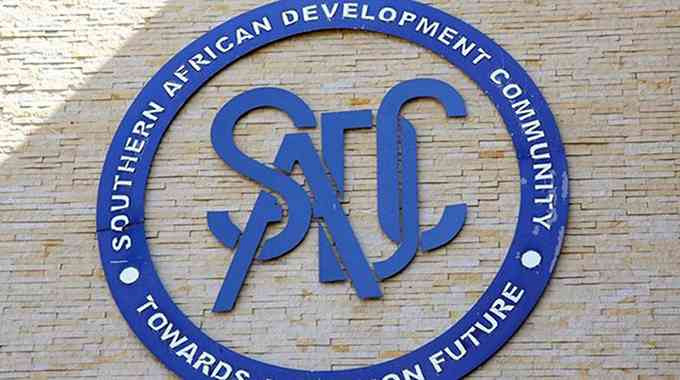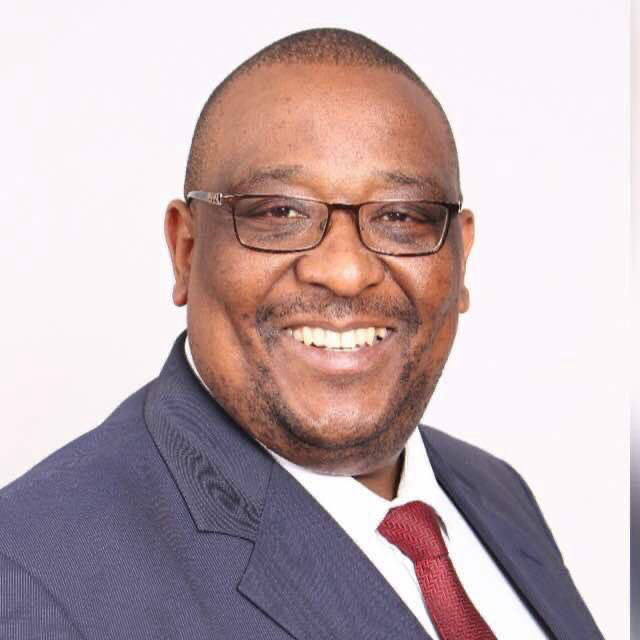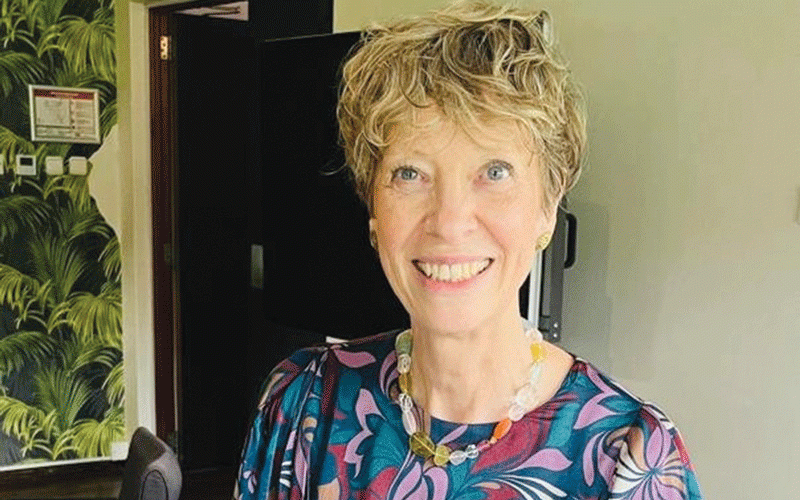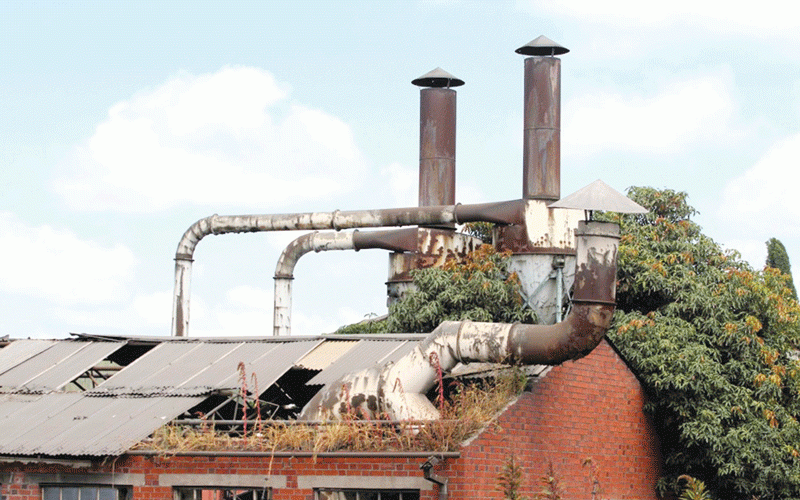
Sadc must urgently develop its own financial instruments to safeguard economic stability and deepen regional integration amid shifting geopolitical dynamics and declining global capital flows, Sadc executive secretary Elias Magosi said yesterday.
Speaking at the official opening of the Sadc Committee of Ministers of Finance and Investment and the Sadc Peer Review Panel meetings in Victoria Falls, Magosi underscored the importance of the region asserting control over its economic trajectory.
“The narrative must be set and driven by ourselves, and no one else,” Magosi said.
Central to this vision, he said, is the acceleration of the Sadc Regional Development Fund — an essential mechanism to bridge financing gaps, channel investment into critical sectors, enhance domestic resource mobilisation and reduce dependence on external funding.
His remarks come as African economies grapple with rising pressures stemming from global financial volatility, tightening liquidity and a drop in foreign direct investment.
The proposed regional fund is expected to support infrastructure, industrialisation and trade — pillars of Sadc’s long-term development strategy. The bloc is working with the African Development Bank Group to mobilise resources for the fund’s operationalisation.
Magosi said the global economic landscape was increasingly marked by volatility, shaped by heightened trade tensions, tightening financial conditions and a confluence of overlapping structural challenges.
“The rise of trade distortions, through both tariff and non-tariff barriers, has deepened scepticism towards a multi-lateral system that is seen to have fallen short in delivering fairness and equity,” he noted. “In this climate, the call for trade re-globalisation has never been more urgent. Diversifying trade partners and supply chains is not just a strategy; it is an imperative to reduce vulnerabilities, avoid over-dependence on single producers or export markets, and ensure a more balanced sharing of risks and opportunities.”
- Budget dampens workers’ hopes
- Govt issues $24 billion Covid-19 guarantees
- Letter to my People:They have no answers for Nero’s charisma
- ZMX to enhance farm profitability
Keep Reading
Magosi added that Sadc must take this moment for deep introspection and engage constructively with the concerns raised by the United States and other development partners about the region’s reliance on narrow markets and concentrated supply chains.
“Doing so will enable our region to build resilience, enhance competitiveness and assert a stronger presence in the evolving global economy,” he said.
“It is widely acknowledged that the current global trading imbalances are not solely the result of trade policy failures, but are partly rooted in underlying macroeconomic imbalances.”
Addressing these challenges requires more than tariff adjustments, Magosi said, adding it demands well-coordinated policy responses that acknowledge the link between trade and financial flows.
“The recent development in global trade, including trade tensions and shifts in policy priorities underscore the urgency of reviewing and reforming the current multi-lateral trading framework,” he said.
“Without such reform, the risks of financial instability and contagion will intensify, driven by currency swings, asset price volatility, technological disruptions in export reliant economies, and the threat of capital flight.
“Now, more than ever before, a unified and forward-looking approach is a must for us to safeguard our economic stability and sustainable growth.”
In his opening remarks, Finance minister Mthuli Ncube noted that over 50% of developing countries are grappling with rising debt levels, leading to significant debt distress and financial instability.
Ncube added that debt repayments have increased by 35% since 2023.
“While this poses challenges, it also introduces upside potential for foreign investment in well-managed economies,” he said.
“Emerging markets face the dual pressure of maintaining fiscal discipline while increasing spending on healthcare, education, and infrastructure sectors that offer significant opportunities for private investment and partnerships.
“This challenge is compounded by limited fiscal space, which restricts their ability to respond effectively to economic shocks and support growth initiatives.”
Ncube also highlighted a looming employment crisis. Over the next decade, an estimated 360 million young Africans will seek to enter the workforce, but only 150 million jobs are expected to be created — leaving 210 million without employment prospects.
“Therefore, the urgency of finding scalable and sustainable solutions has never been greater. Addressing the Sadc employment gap is paramount and opportunities for business and investors exist,” he said.
Ncube added that intensified global trade tensions will likely hamper growth prospects in the Sadc region, especially for resource-dependent economies.











